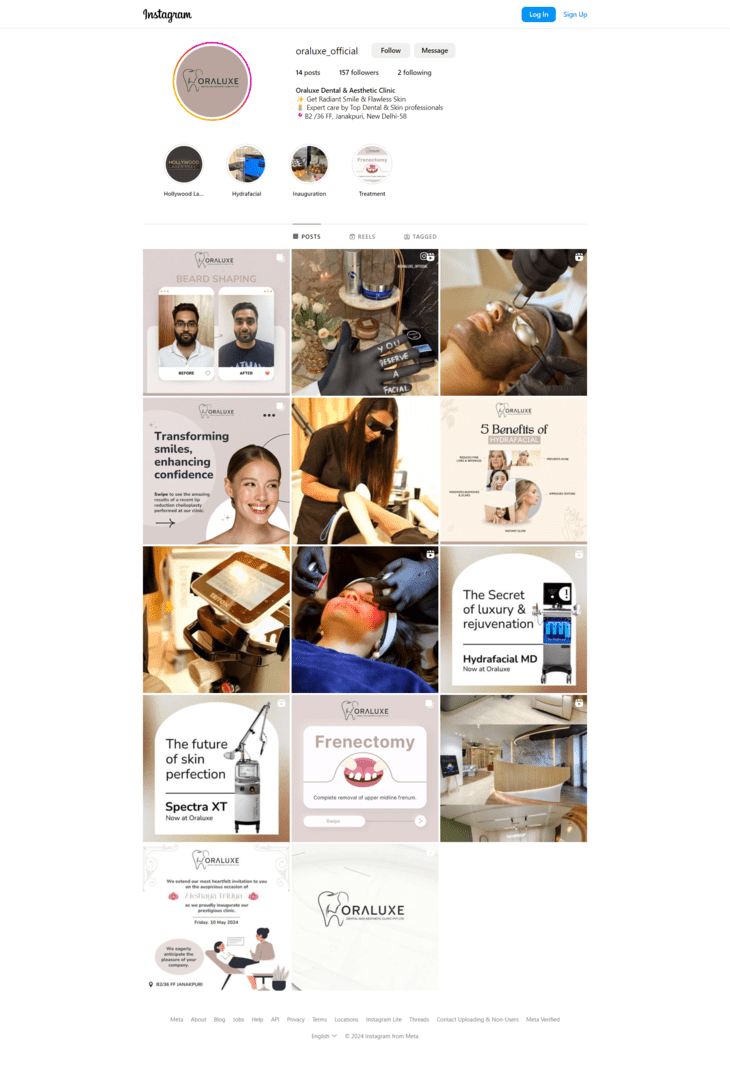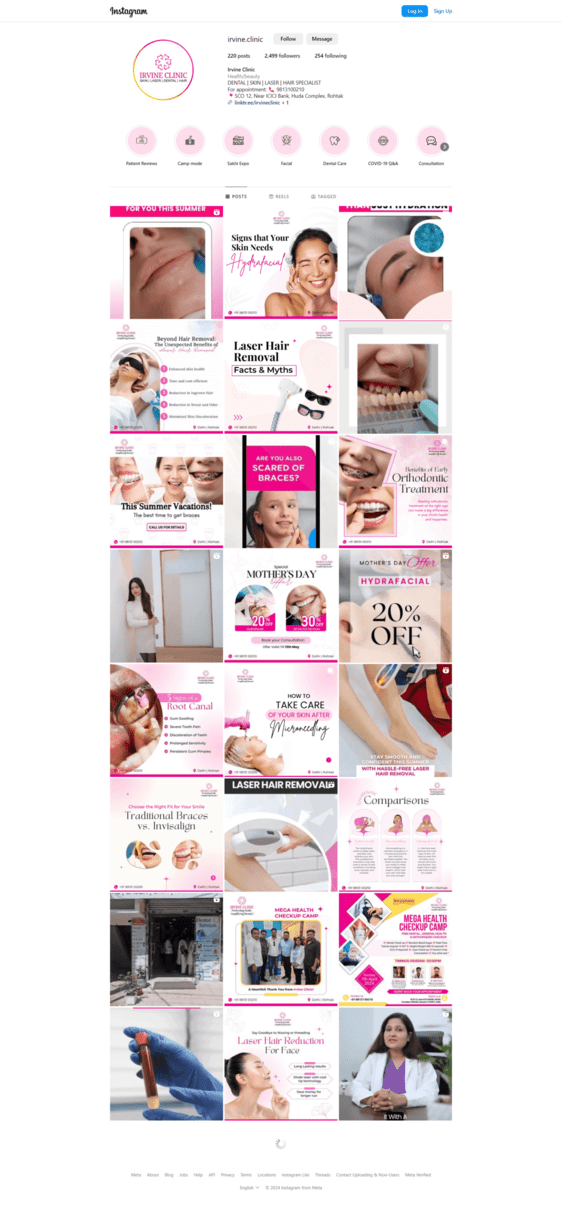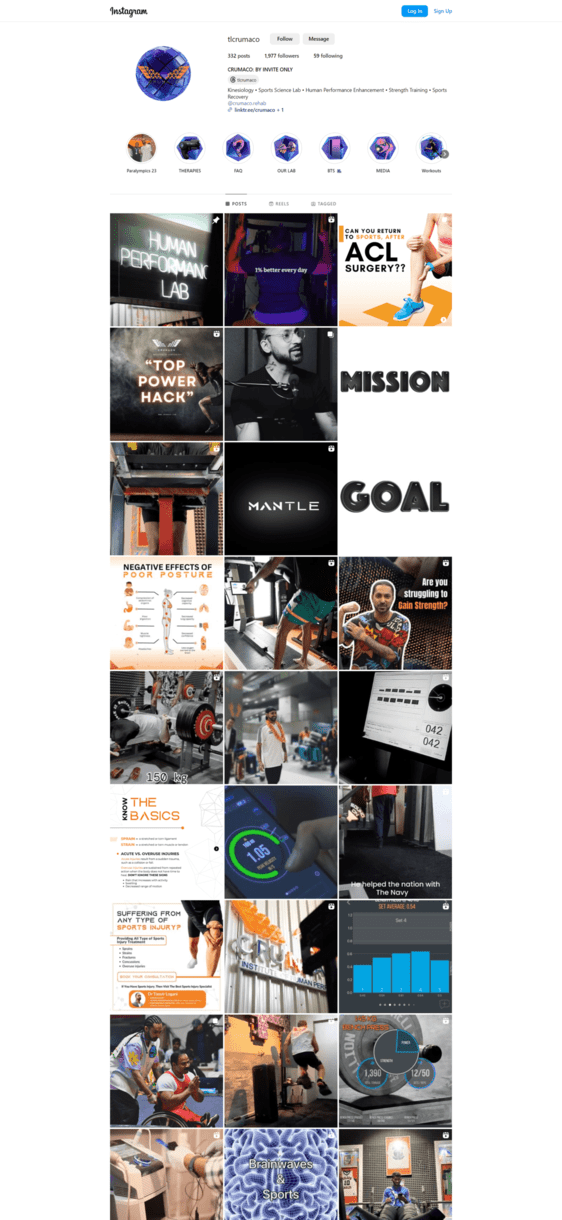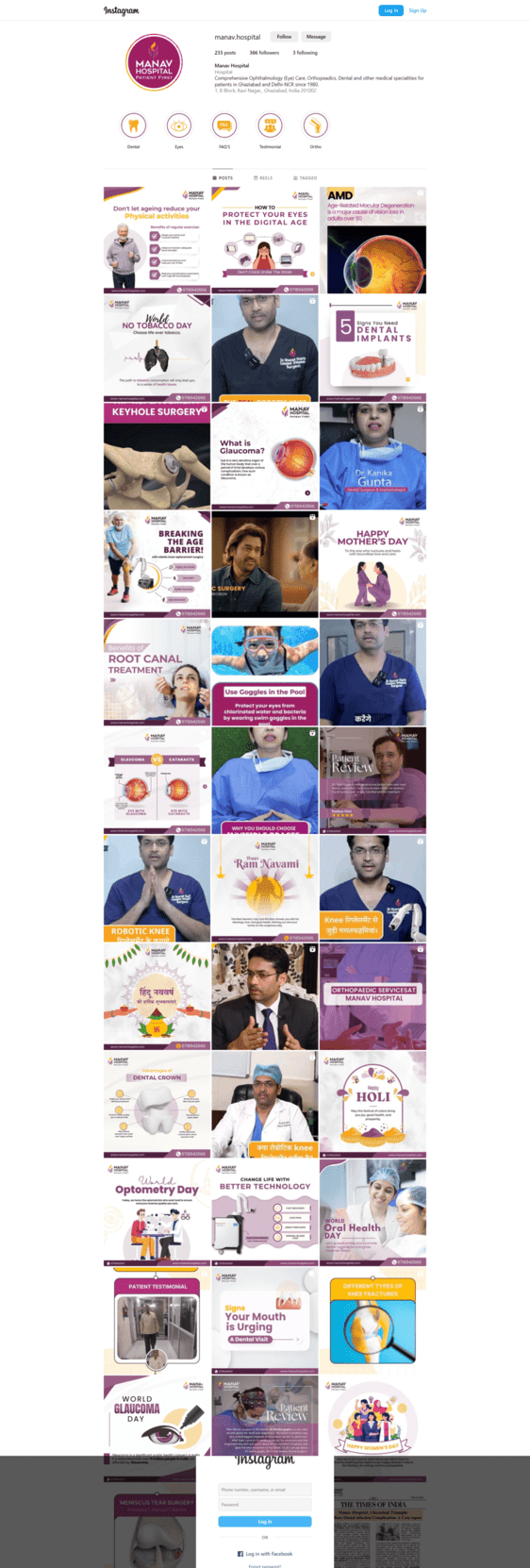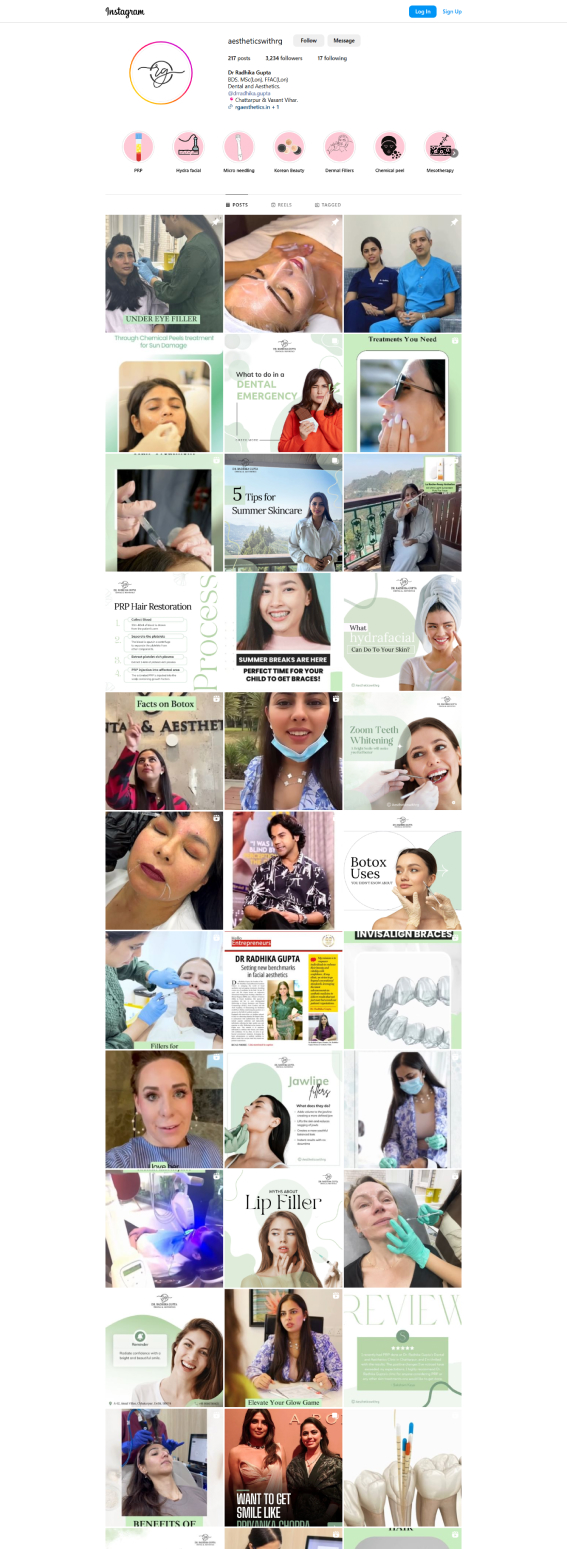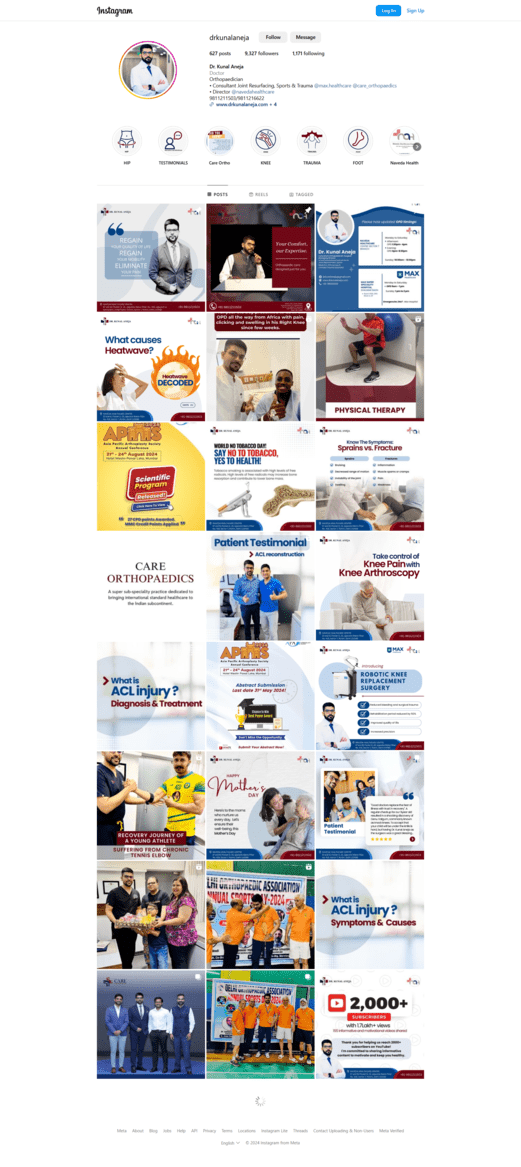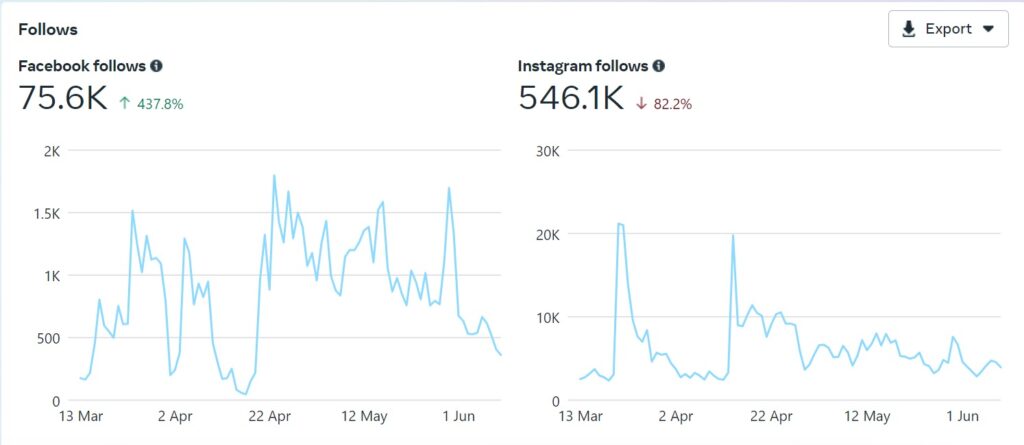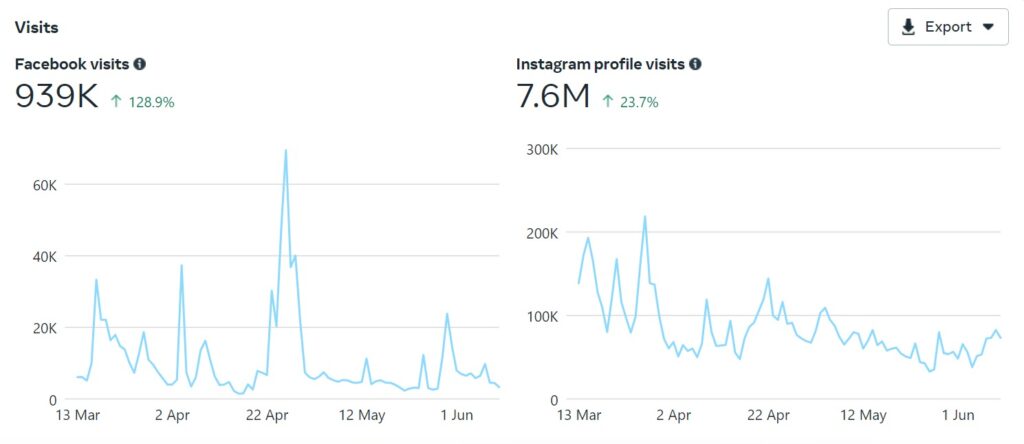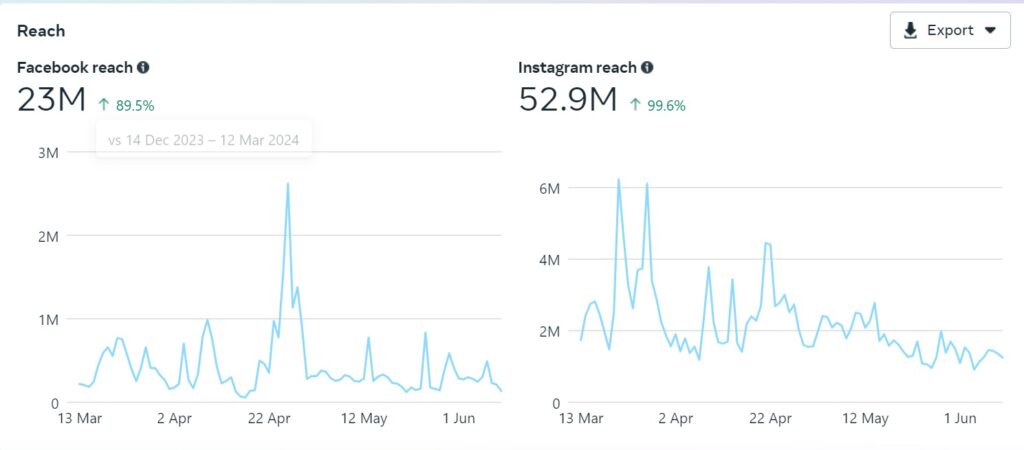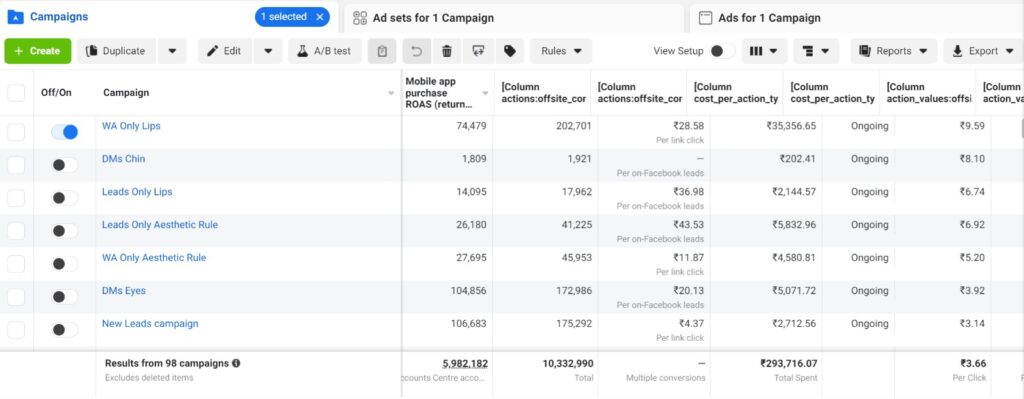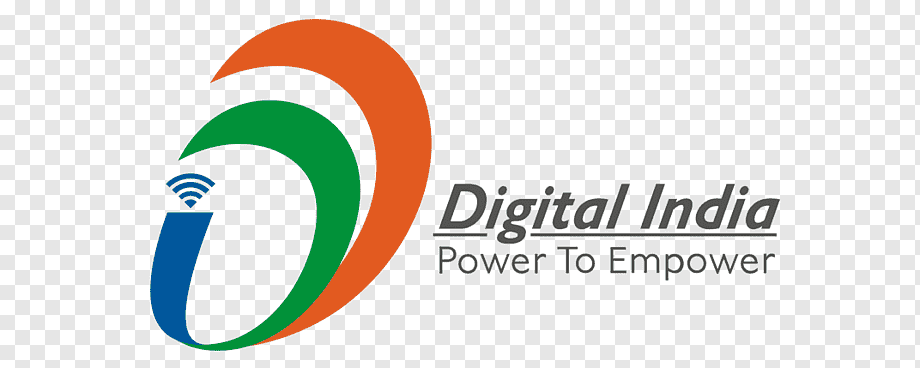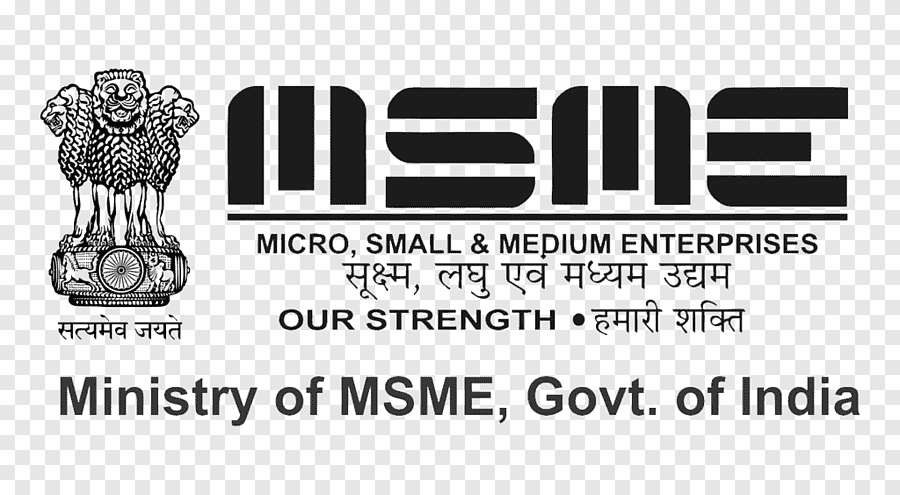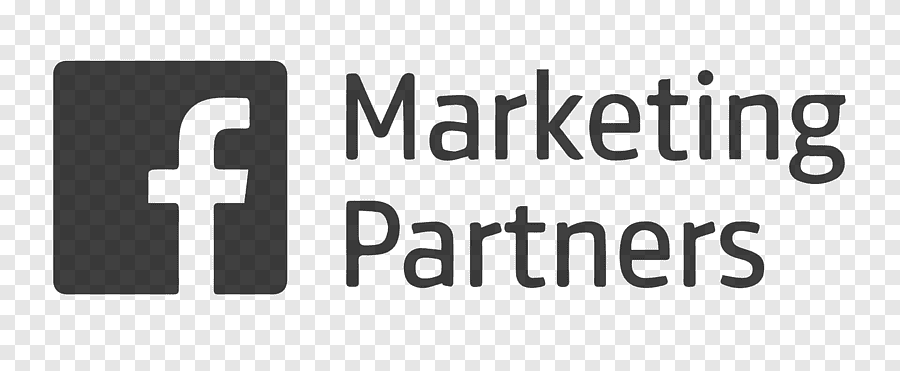
ClinicManager™ Leading Healthcare Marketing Agency
End-To- End Services Like Patient Lead Generation, Branding, Medical Websites & SEO, Social Media Marketing, Clinic Promotion, And Many More.
Serving Worldwide Clients






Hospitals
Path Labs
Surgeons
Physio Centers
Nursing Homes
Imaging Centers
Cardio, Brain & Sexology
Healthcare Facility
Orthopaedic Doctors
Aesthetic & Derma Clinics
Discover the Best Healthcare Marketing Agency in Delhi Trusted by Top Brands

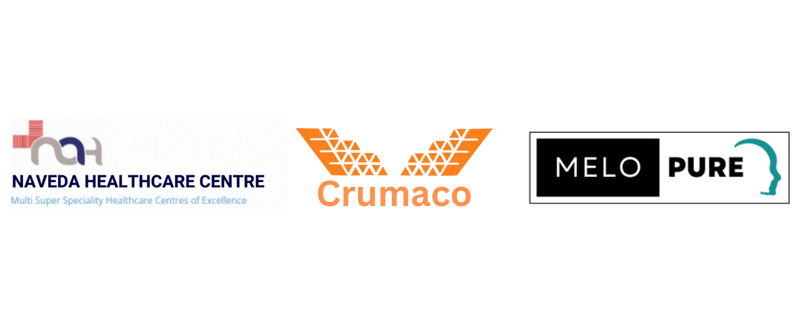
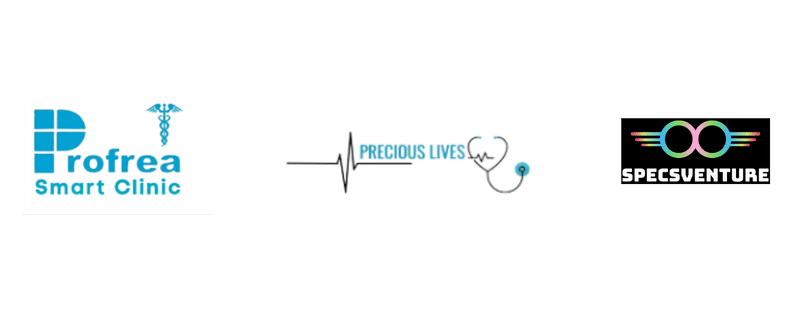



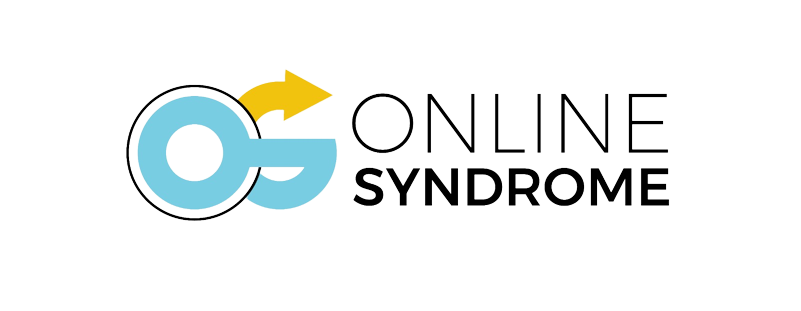










We Provide Healthcare Clients With End To End Solutions
Discover India’s Top Healthcare Marketing Agency in Delhi! We Specialize in Digital Marketing, SEO, Social Media, Content Creation, and Branding for Healthcare Brands.
Our Recent Website Projects Delivered




Professional High Quality Video & Advertisement Shoot For Clinic's & Hospitals
Recent Social Media Work Of Our Clients
Exclusive Insights From Our Clients Dashboards From Healthcare Domains
1000+ Monthly Leads Generated From Social Media Ads ( Facebook & Instagram )
Numbers We Are Proud To Share
Industries we’ve excelled in
Individual Doctors & Clinics
We Provide End-To-End Marketing Solutions For Individual Practitioners, Clinics & Wellness Centers
Healthcare Brands
One Stop Solution For Your Healthcare D2C Or B2C Brand To Get Your Maximum ROAS
Hospitals
Complete ORM Solutions To Maintain Your Brand Authority In The Digital Space
Organizations recognized our work

ClinicManager™ has been recognized as a Leading Healthcare Marketing Brand
Doctor's 1st Choice For Healthcare Marketing
In Industry
In Healthcare Industry
Marketing Experts
Marketing Agency
CONCLUSION
Choose ClinicManager™, the leading healthcare marketing agency in Delhi. Our expertise will elevate your brand, attract patients, and drive exceptional growth in the capital.
Faqs
ClinicManager provides a comprehensive range of services including digital marketing, social media management, SEO, content creation, PPC advertising, and patient engagement strategies tailored for healthcare providers.
We utilize targeted marketing strategies, such as local SEO, online reputation management, and personalized patient outreach campaigns, to increase your clinic’s visibility and attract more patients in Delhi.
ClinicManager specializes in healthcare marketing, offering industry-specific expertise and tailored solutions that address the unique challenges and opportunities of the healthcare sector, ensuring better results for your clinic.
We use a variety of metrics such as website traffic, conversion rates, patient acquisition costs, and return on investment (ROI) to evaluate the effectiveness of our marketing campaigns and make data-driven adjustments for optimal performance.
Simply contact us through our website or call us directly. We’ll schedule a consultation to understand your clinic’s needs, develop a customized marketing plan, and begin implementing strategies to help your clinic grow.
Partner with us for the Best Healthcare Marketing Experience
We’re happy to answer any questions you may have and help you determine which of our services best fit your needs.
Your benefits:
- Client-oriented
- Independent
- Competent
- Results-driven
- Problem-solving
- Transparent
What happens next?
We Schedule a call at your convenience
We do a discovery and consulting meting
We prepare a proposal

